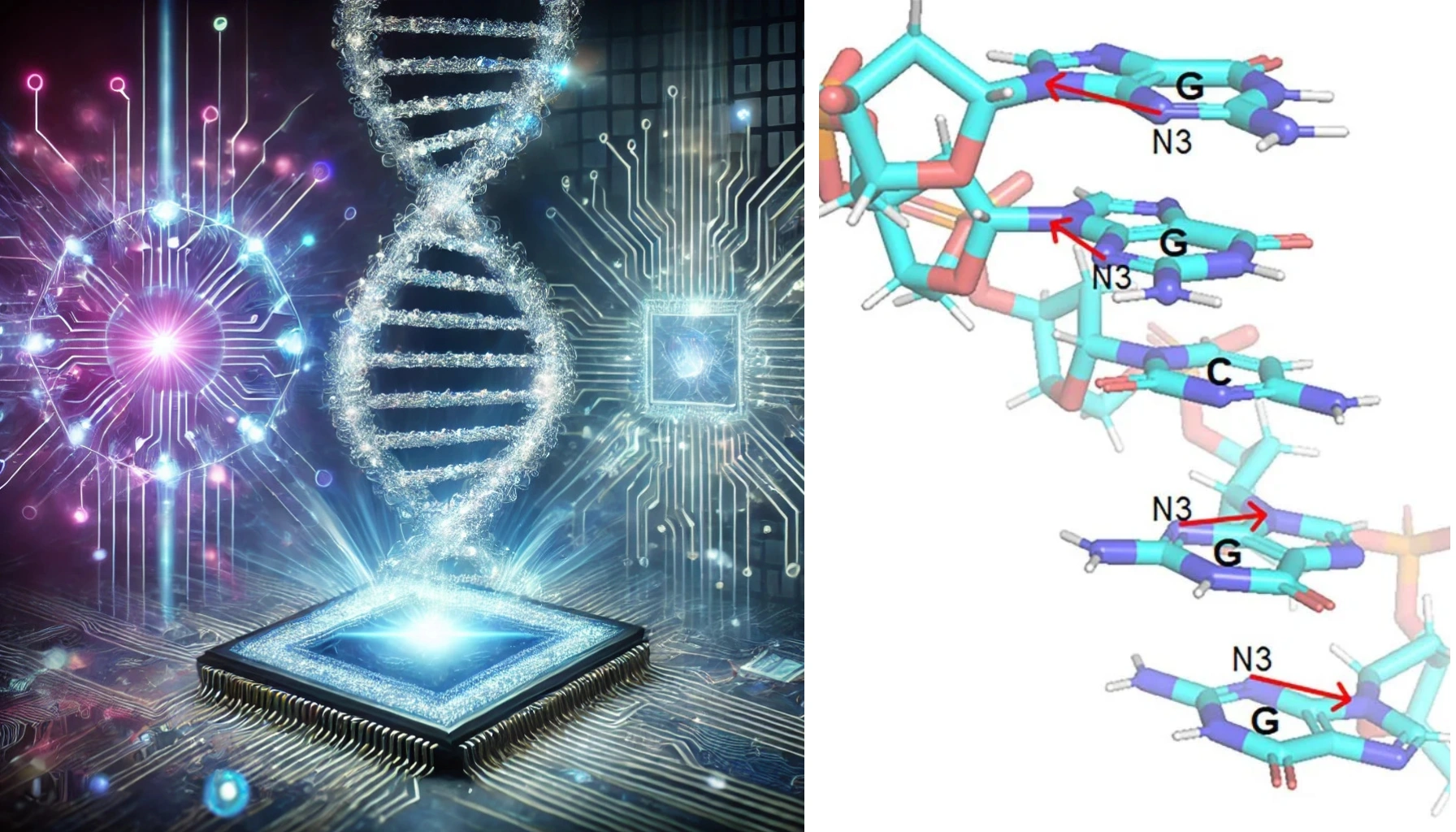T-Mobile, in collaboration with SpaceX’s Starlink, is transforming the way mobile networks operate by bringing direct satellite connectivity to smartphones—eliminating mobile dead zones without requiring additional hardware. This game-changing innovation ensures seamless connectivity, even in remote areas, rural landscapes, and disaster-stricken zones where traditional cell towers cannot reach. The beta program for T-Mobile Starlink initially Continue reading
Computers
Google Predicts Commercial Quantum Computing Within Five Years: How Realistic Is the Claim?
Quantum computing has long been confined to academic discussions and research labs. However, it is now becoming a significant topic in mainstream technology debates, with companies and governments pouring resources into its development. The Rapid Advancement of Quantum Computing Google has recently sparked renewed interest by claiming that commercial quantum computing could become a reality Continue reading
Over 90 Malicious Android Apps on Google Play Store: How to Protect Your Banking Information from Sneaky Malware
In a shocking revelation, cybersecurity firm Zscaler has uncovered more than 90 malicious Android apps on Google Play, many of which were designed to steal sensitive banking information. These apps, which have already been downloaded 5.5 million times, include the notorious Anatsa banking trojan, posing a significant threat to millions of users. Here’s everything you Continue reading
Meta Confirms WhatsApp Zero-Click Hack: How to Protect Yourself from This Sophisticated Spyware Attack
In an era where communication has never been easier, the risks associated with it have never been higher. From AI-based phishing attacks targeting Gmail users to social media platforms becoming hotbeds for cyber threats, even the most secure devices and apps are not immune. Now, Meta has confirmed a zero-click hack targeting WhatsApp users, raising Continue reading
Quantum Computing Breakthrough: DNA Could Replace Silicon in Future Supercomputers
Researchers at Peking University have uncovered a revolutionary way to manipulate DNA at the atomic level—suggesting that biological molecules could become the building blocks of next-generation quantum computers. By controlling nitrogen nuclear spins within DNA using electric field gradients, the team has demonstrated a new method for encoding information at the quantum level. Their research, Continue reading




